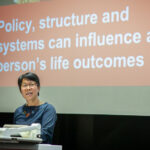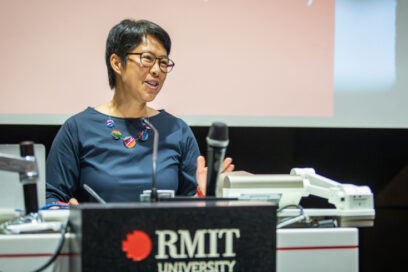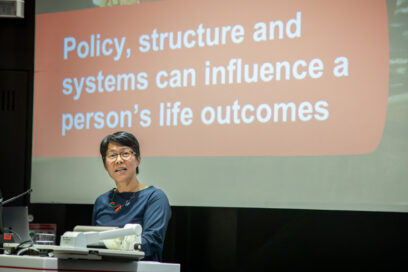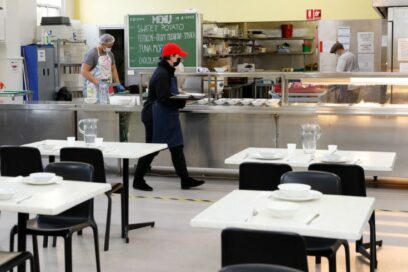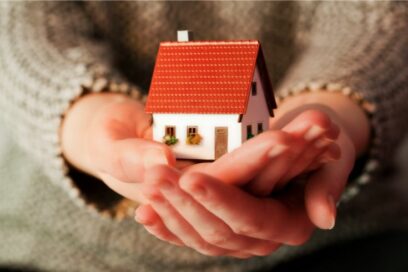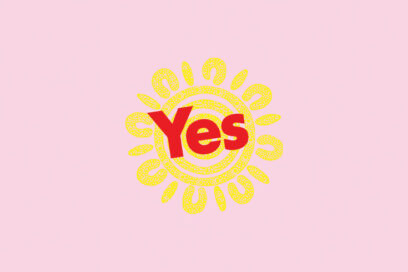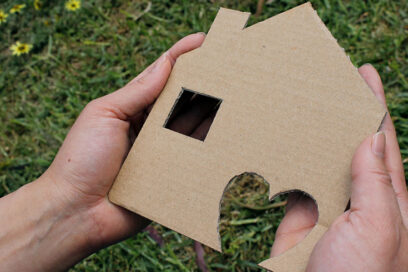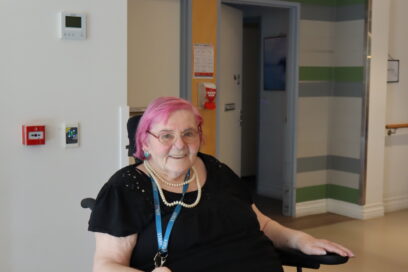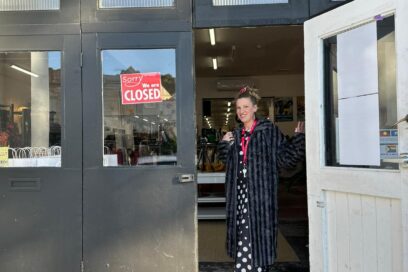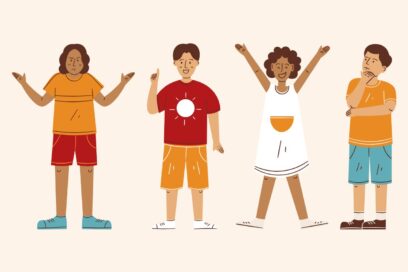By Jo McMillan
There’s a very fine line between getting by and becoming destitute. And it could happen to any one of us.
Recently I met a bloke who was renting a property after his van broke down and he didn’t have the thousands of dollars he needed to fix it.
John was living in a block of inner-city Housing Commission flats and he’d started up a furniture moving business with his mate, using his van. Things were going well and he was pretty happy.
Living in a broken down van
But when his van broke down and he couldn’t move furniture anymore, he couldn’t earn money and pay his rent. He lost his flat.
Such a seemingly small thing led to John living in his broken down van on a busy inner-suburban street for three years. Unbelievably, the van was parked in the same parking bay for all that time and no-one ever asked John if he needed help, let alone to move the van.
Instead, he was served with $30,000 worth of parking fines. But the van was broken down and he couldn’t move it.
It was cold in the van in winter, and stifling in summer, so John tried to spend as much time out of it as he could.
He showed me the circuit he walked around the city, pointing out the places where he’d drop in to get a free feed, a hot shower or a kind word.
Just say ‘G’day’
John had a tough childhood and was pretty street savvy by the time he was eight years old. He reckons the fellas on the street are mostly fantastic people, who’d “do anything for you”.
One of the toughest things about being homeless though, according to John, is you feel invisible – as though you’re not part of the world.
“When we’re sitting there on the street, people just walk past and ignore us. They look away, anywhere but at us. That’s a real lonely feeling because you may as well not be there,” John says.
When I asked him what he’d prefer people to do, he said “Just say g’day. Ask us how we’re going. We’re not always after money, we just want to talk to someone. Sit down and have a coffee with us. Have a chat.”
John slowly got back on his feet
John’s pretty entrepreneurial and when he was living in his van, he was always on the lookout for an opportunity to make a bit of cash and improve his circumstances.
There was a little cafe in the city he used to walk past on his rounds very early in the morning, before the city came alive. One day he saw the owner setting up and asked if he could do some small jobs in exchange for breakfast.
After that day, every morning at around 5.30am, he’d go to the cafe and help set up the outdoor tables. Then he’d sit down and have something to eat with the owner.
They became good mates and it was outside this cafe that John later stood to sell copies of The Big Issue. This job helped him earn some money and slowly get back on his feet.
John’s not experiencing homelessness anymore. He has a flat in the city and is doing well.
So well, in fact, that he’s part of the Council to Homeless Persons’ (CHP) Peer Education Support Program, which provides him with the opportunity to be involved in raising awareness. In fact, I met John when he was the host on a ‘Walk in My Shoes’ tour organised by CHP.
Part of his role with CHP also involves advocating to improve the service delivery system.
And he’s a great advocate. When I said goodbye to him in the Bourke Street Mall, he was very firm that people should not use the term “homeless people”.
“We’re not homeless people, we’re people without a home,” he said.



